Javac documentation provides all the necessary information. However, it might be useful to use Ant or Maven for command line builds.
This page provides a good example of using first javac and then Ant for building a simple project.
Here is an example project and how can it be compiled with javac.
The tree structure of the project is this:
.
├── build
└── src
├── attacks
├── drivers
│ └── Driver.java
└── exceptions
└── MyException.java
There are two special directories -- build for containing compiled classes and src to contain source files (could be in different subdirectories -- packages).
The following command compiles the whole project and puts the result into the build directory.
javac -sourcepath src -d build src/**/*.java
The -sourcepath src specifies directory src as the place where all the source can be found by the compiler. The -d build options tells the compiler where to place the compiled files.
Option src/**/*.java tells the compiler what files to actually compile. In this specific case it tells javac to look two levels down and pick all *.java at that level.
If there are *.java files at different levels than a list of files needs to be specified. For this, one could create such listing as an external file and pass this files as in input option for javac.
Here is how this could be done under Linux/Unix:
find -name "*.java" > source.txt
The above command creates file source.txt that contains full paths for the found *.java files. For this example it contains:
./src/drivers/Driver.java
./src/exceptions/MyException.java
In order to compile the project with the list of source files flushed into source.txt, the following command can be used:
javac -d build @source.txt
Please note that @source.txt specified at the end that tells the compiler where to look for a list of source files. Please also note that the -sourcepath option can be omitted.
Here is how the directory structure changed after running the above command.
.
├── build
│ ├── drivers
│ │ └── Driver.class
│ └── exceptions
│ └── MyException.class
└── src
├── attacks
├── drivers
│ └── Driver.java
└── exceptions
└── MyException.java
As can be observed the build directory now contains the compiled class files in respective packages.
And, if you'd like to run it, assuming, for example, that Driver has method main, the following command executes the program.
java -cp .:build:**/*.class drivers.Driver
Please note that file separator : (colon) is used under Unix, for Windows change it to ; (semicolon).
